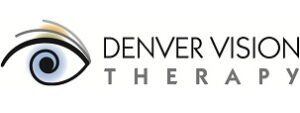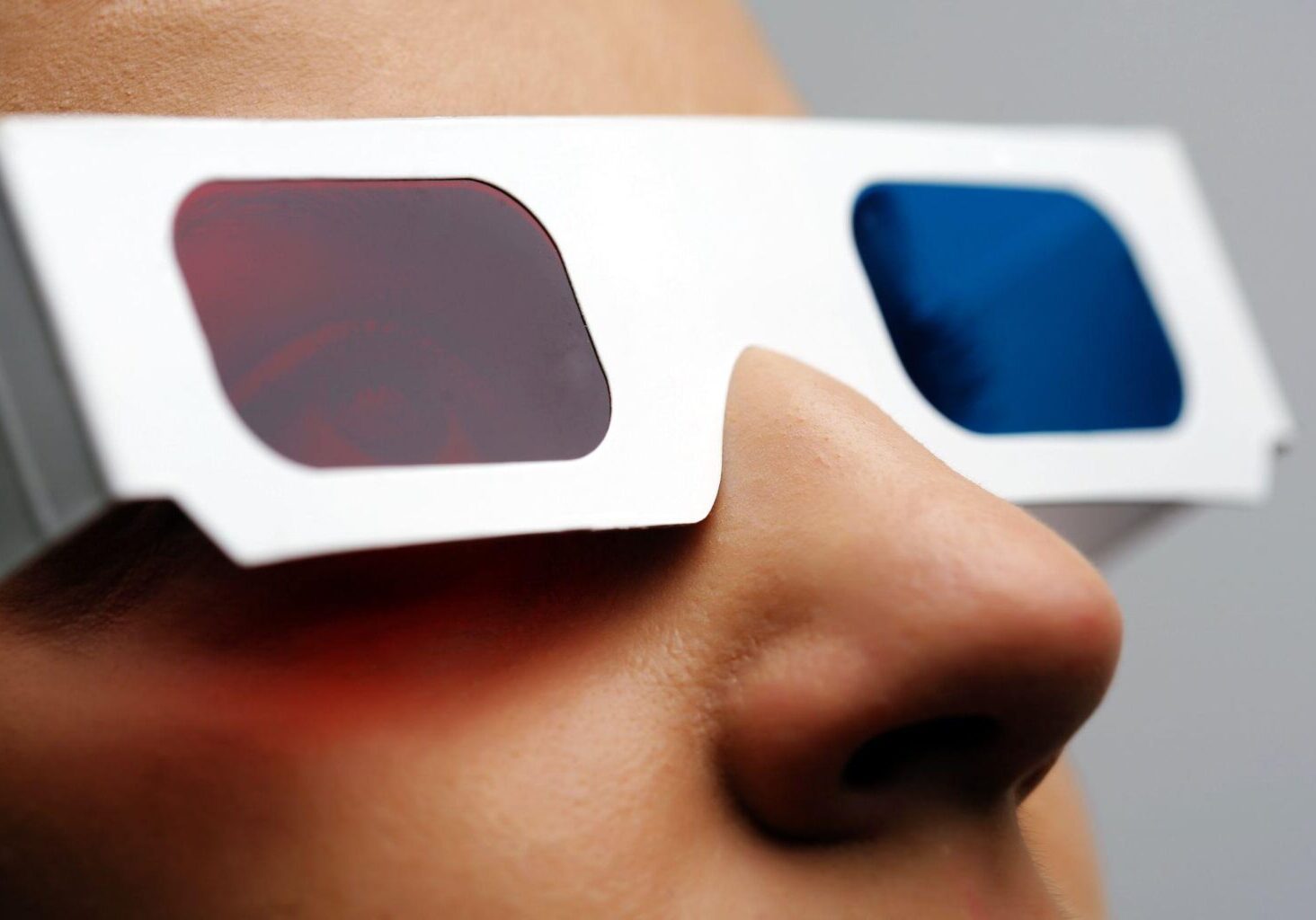Research and Evidence for Neuro-Optometric Rehabilitation

Patients who have experienced a brain injury or other neurological insult often suffer from debilitating visual symptoms that make it difficult or even impossible for them to read, drive, and, in some instances, even walk without assistance. Research has shown that neuro-optometric rehabilitation therapy is a safe and effective way to help these patients regain function.
What Is Neuro-Optometric Rehabilitation Therapy?
Neuro-optometry is a subspecialty of optometry that helps patients with neurological dysfunctions related to their vision and regain several of the visual and oculomotor skills needed for daily living.
Published Research: Outcomes from Neuro-optometric Rehabilitation Therapy
- A 2019 study published in the journal Disability and Rehabilitation examined the medical records of more than 3,000 patients who sustained a mild brain injury and underwent neuro-optometric rehabilitation therapy. The researchers concluded that this form of visual rehabilitation is a ‘promising intervention’ and that all patients who suffer from a brain injury should have their vision evaluated by a neuro-optometrist or other vision professional.
- A 2018 study published in the Journal of Optometry found that 100% of the participants experienced improved eye movement following nearly 10 hours of neuro-optometric rehabilitation therapy.
- In 2017, the Journal of the American Academy of Optometry published a study concluding that visual rehabilitation for post-concussion patients was successful in the vast majority of the 218 cases examined.
- A 2014 study by the journal NeuroRehabilitation found that after just 6 weeks of treatment, patients with mild TBIs had an improved reading rate and a decrease in visual symptoms after receiving neuro-optometric rehabilitation therapy. A similar study in the Journal of Rehabilitation Research & Development found the same outcome in relieving symptoms and improving optometric test outcomes.
- A 2018 study in the journal Concussion describes the disruption to circadian rhythm and other automatic processes in the brain, and the potential for color light therapy to help restore balance in these systems.
Organizations that provide helpful information and resources about the benefits of neuro-optometric care:
American Optometric Association »
College of Optometrists in Vision Development »
Neuro-Optometric Rehabilitation Association »
When to seek neuro-optometric care
Neuro-optometric rehabilitation therapy should be a first stop and not a last resort. While all patients retain neuroplasticity at any age, the ability to regain function is greater when neuro-rehabilitation treatments begin as early as possible, even as soon as 1 week after the injury occurs.








